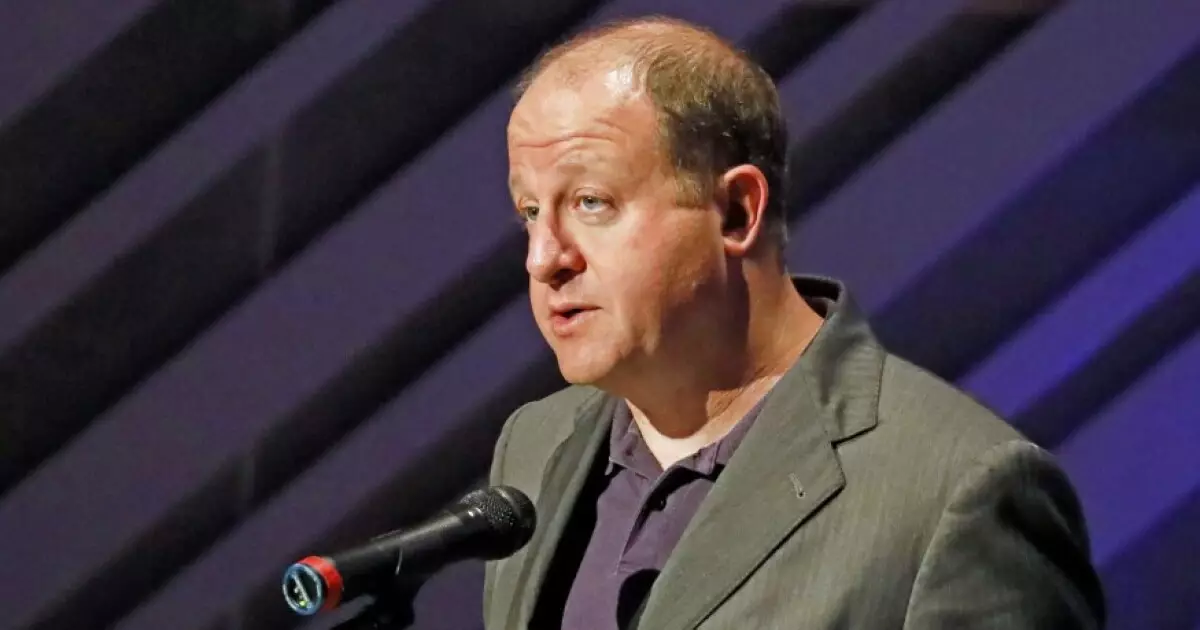The Colorado Legislature has concluded its session with accomplishments that lawmakers have deemed “nothing short of transformational.” Governor Jared Polis praised the magnitude of achievements made during this session, emphasizing that it has been the most significant since he took office in 2019. The session included the passing of a fiscal 2025 budget, school funding changes, a property tax cut, and measures aimed at advancing multi-billion-dollar passenger rail projects, among other important initiatives.
One of the highlights of this legislative session is the significant boost in funding for public schools. The state has committed to fully fund schools for the first time in 14 years, with an increase of about $17,000 per classroom in available resources. Lawmakers have taken steps to eliminate a longstanding budget stabilization factor dating back to 2010 to ensure that education funding is no longer used to balance the state budget. Despite these efforts, the Colorado Education Association points out that per-pupil funding levels in the state still lag behind national standards.
Another notable achievement is the bipartisan support that led to a $1.3 billion property tax cut. Senate Bill 233 aims to address rising property values that have resulted in significant increases in tax bills for residents. The bill curbs assessed valuation growth for residential and commercial properties, provides funding backfill for local governments, and includes a state funding increase for school districts. These measures are intended to mitigate the impact of property tax revenue loss on essential services while also promoting sustainable fiscal policies.
Senate Bill 228, which focuses on changes to the Taxpayer Bill of Rights (TABOR) refund mechanisms, passed with bipartisan support. This 1992 amendment to the state constitution limits revenue governments can retain and spend. The bill introduces additional income tax reductions under TABOR and a sales and use tax cut to existing refund mechanisms. Taxpayers are expected to pay less in income and sales taxes during years when state revenue exceeds the TABOR cap, providing relief to residents while maintaining fiscal responsibility.
Efforts to advance passenger rail projects in Colorado received a significant boost with the passing of Senate Bill 184. The bill authorizes the imposition of a fee on short-term car rentals to generate revenue for rail and transit projects. This funding will help the state pursue federal grants necessary to make passenger rail a reality. The legislation also mandates the creation of a plan for rail service by 2029, aiming to enhance transportation infrastructure and connectivity within the state.
In a move that combines preservation and economic development, the Colorado Legislature approved legislation that enables the purchase of the historic Stanley Hotel in Estes Park. The Colorado Educational and Cultural Facilities Authority is set to issue debt to finance the acquisition, with plans to create a nonprofit subsidiary to manage the hotel. The Stanley Hotel, famous for inspiring Stephen King’s The Shining, will undergo renovations and transformation into a cultural hub with facilities for filmmaking, entertainment, and hospitality.
Denver Health, the state’s primary public safety net healthcare provider, received $5 million in one-time funding from state lawmakers to address rising uncompensated care costs. The health system, which has been strained by providing care to migrants from the southern border without compensation, has received supplemental payments in the past to support its essential services. This funding underscores the state’s commitment to ensuring access to healthcare for all residents, especially those in vulnerable communities.
The Colorado Legislature’s most recent session has achieved significant milestones in education, fiscal policy, transportation, and public health. Through bipartisan collaboration and strategic investments, the state is paving the way for a more prosperous and equitable future for its residents. As Colorado continues to grow and evolve, these legislative efforts will play a crucial role in shaping the state’s trajectory and ensuring the well-being of its citizens.

